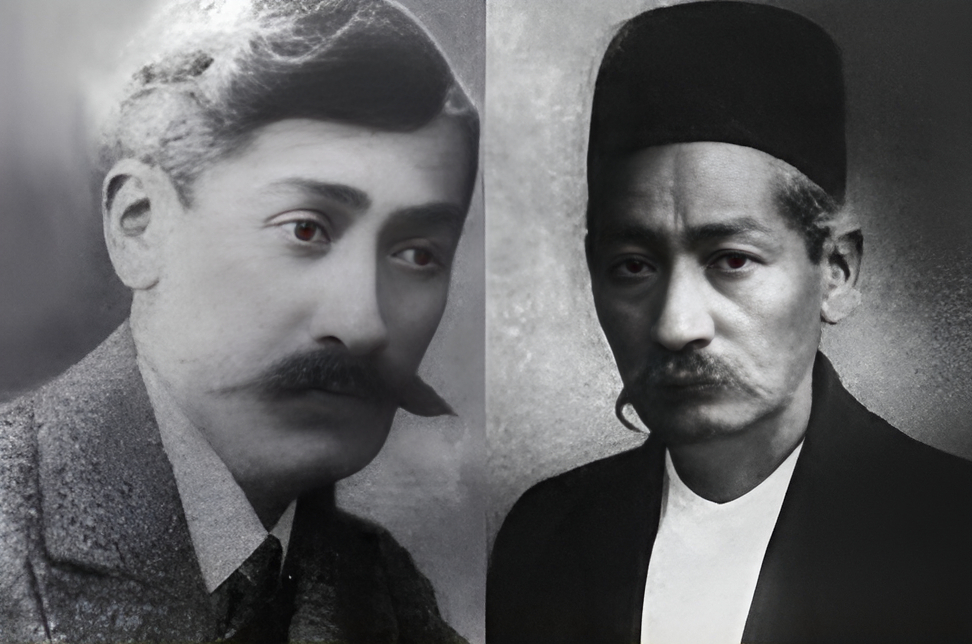
Darvish Khan: A Pioneer of Persian Music
A journey through the life and legacy of one of Iran’s most influential musicians.
Early Life and Training
Born Mohammad Irani Mojarrad in Tehran in 1872, Darvish Khan grew up in a time of great cultural transformation in Persian music. He trained under legendary masters like Aqa Hossein-Qoli, a virtuoso tar and setar player. His remarkable skill on the tar quickly gained him recognition, and he earned the honorific title “Darvish,” signifying his mystical and spiritual connection to music.
Innovations and Contributions
Darvish Khan’s contributions to Persian music were transformative and long-lasting. His notable achievements include:
- Introduction of Plectrum Technique: Known as Mezrab-e Darvishi, this method produced a sharper and more dynamic sound on the tar, influencing generations of musicians.
- Composition of Original Pieces: He pioneered forms like pishdaramad (introductory instrumental compositions) and reng (lively rhythmic pieces), which became staples of Persian classical music.
- Standardization of Ensembles: Darvish Khan formalized the structure of traditional ensembles, incorporating instruments like the tar, setar, kamancheh, santur, and ney.
- Global Promotion: He was among the first Iranian musicians to perform in Europe, introducing Persian classical music to international audiences.
Philosophy and Mysticism
Darvish Khan was deeply influenced by Sufi ideals, which infused his music with spiritual depth. His compositions aimed to evoke inner peace and connection with the divine, making him not just a musician but a spiritual guide for his contemporaries.
Tragic End
In 1926, Darvish Khan tragically passed away in one of Iran’s first recorded car accidents. Though his life was cut short, his legacy endures as a cornerstone of Persian music history.
Legacy
Darvish Khan’s innovations bridged the traditional and modern eras of Persian music. His compositions remain a vital part of the radif repertoire and continue to inspire musicians and scholars worldwide. His work underscores the richness of Persian music, affirming its status as a cultural treasure.


